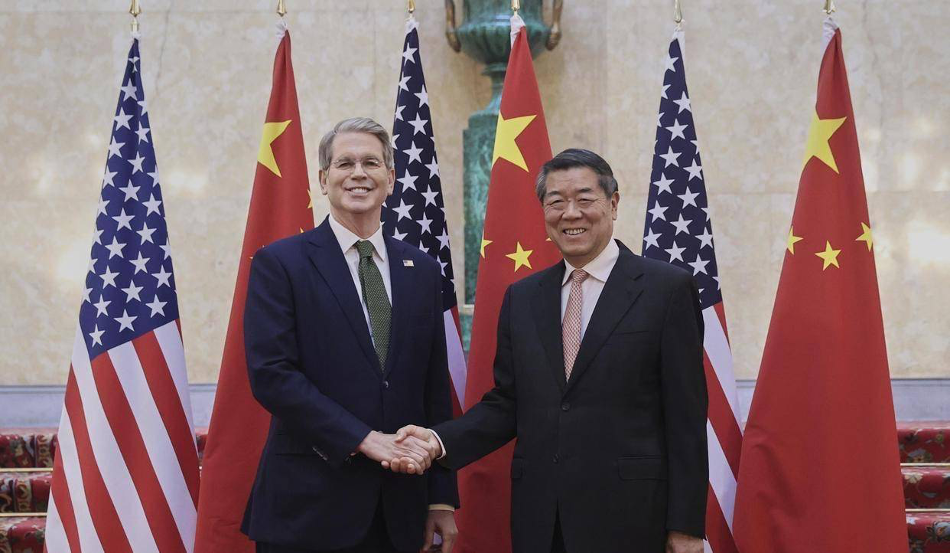RUSSIA ABANDONS AGREEMENT ON VISA-FREE TRAVEL.
RUSSIA ABANDONS AGREEMENT ON VISA-FREE TRAVEL.
The Russian government has adopted a decision to withdraw from the multilateral agreement on visa-free travel by citizens of CIS member countries across those countries’ borders. Nine member countries signed the original agreement in Bishkek in 1992. Three more countries afterward joined that system or signed bilateral agreements with Russia. Visa-free travel has often been described as one of the very few functional arrangements in the CIS, and one which benefits ordinary people. The main beneficiaries of such travel are migrant workers of all types, petty traders and families separated by the breakup of the Soviet Union. Those three, partly overlapping categories are estimated to total tens of millions of people.
The Bishkek agreement allows signatory countries to abandon it unilaterally with ninety days’ advance notice. Announcing Russia’s decision yesterday, Foreign Affairs Minister Igor Ivanov stopped short of saying that Moscow has served the official notice already. But he professed confidence that ninety days are sufficient for negotiating the introduction of visa regulations between Russia and other CIS countries on a bilateral basis. In defending Russia’s decision, Ivanov cited steps taken in recent months by Turkmenistan and Uzbekistan, which limited the applicability of visa-free travel to those countries. The minister suggested that Moscow is willing to negotiate special arrangements with certain countries, the citizens of which may be exempted from visa requirements. Ivanov stopped short of naming such countries, but commentators named Belarus and Armenia as candidates for preferential treatment on the basis of their close ties with Russia.
An explanatory statement the Foreign Affairs Ministry issued yesterday focuses on security issues. It argues that the visa-free travel has been misused by “international terrorists, organized crime groups and drug dealers,” thereby turning into a “challenge to Russia’s national security.” The introduction of a visa regime forms part of “Russia’s measures to defend against those threats.”
That argument was openly derided by Konstantin Zatulin, director of the governmentally sponsored Institute on CIS Affairs and Ties with Compatriots. While endorsing the introduction of visa requirements, he remarked that the measure “has nothing to do with terrorists and mercenaries. They have never applied for travel documents and do not plan to start applying for the visas.” According to Zatulin, the primary factor behind the decision is economic: “Our so-called ‘allies’ in the CIS are trying to resolve their unemployment problems by sending migrant labor to Russia and taking jobs away from Russians.” At the same time he urged the government to find ways of easing the adverse impact on “those millions of Russian compatriots [in CIS countries] who have grown accustomed to traveling visa-free to Russia.”
According to Zatulin, introducing visa requirements “drives the last nail into the coffin of hopes that the CIS might become an integrating mechanism.” That comment, anything but regretful, reflects Zatulin’s known views, which were long in the minority in Moscow but have become predominant with the ascent of Vladimir Putin to the presidency. Russian policy is rapidly abandoning the multilateral approach in favor of bilateral arrangements with individual CIS member countries, in aggressive pursuit of Russia’s perceived “national” interests. By sinking the Bishkek agreement, Moscow gains the flexibility to offer special visa arrangements or even outright exemptions to those CIS countries that prove responsive to Russia’s political and military interests. By the same token, Moscow will be able to exert leverage on the most independent-minded countries by imposing, or threatening to impose, strict visa requirements selectively on those countries.
Georgia and Azerbaijan are prime candidates for such treatment. If implemented, that treatment could severely affect their diasporas in Russia and slash critical remittances to the home countries. Putin was the first to call for a selective imposition of visa regulations, specifically on Georgia and Azerbaijan, back in November 1999 while still prime minister. His views are now becoming policy (Itar-Tass, RIA, Russian Television, Ekho Moskvy, August 30; see the Monitor, November 12 and the Fortnight in Review, November 19, 1999).
RUSSIA-BELARUS UNION–OR “BARDAK”?


